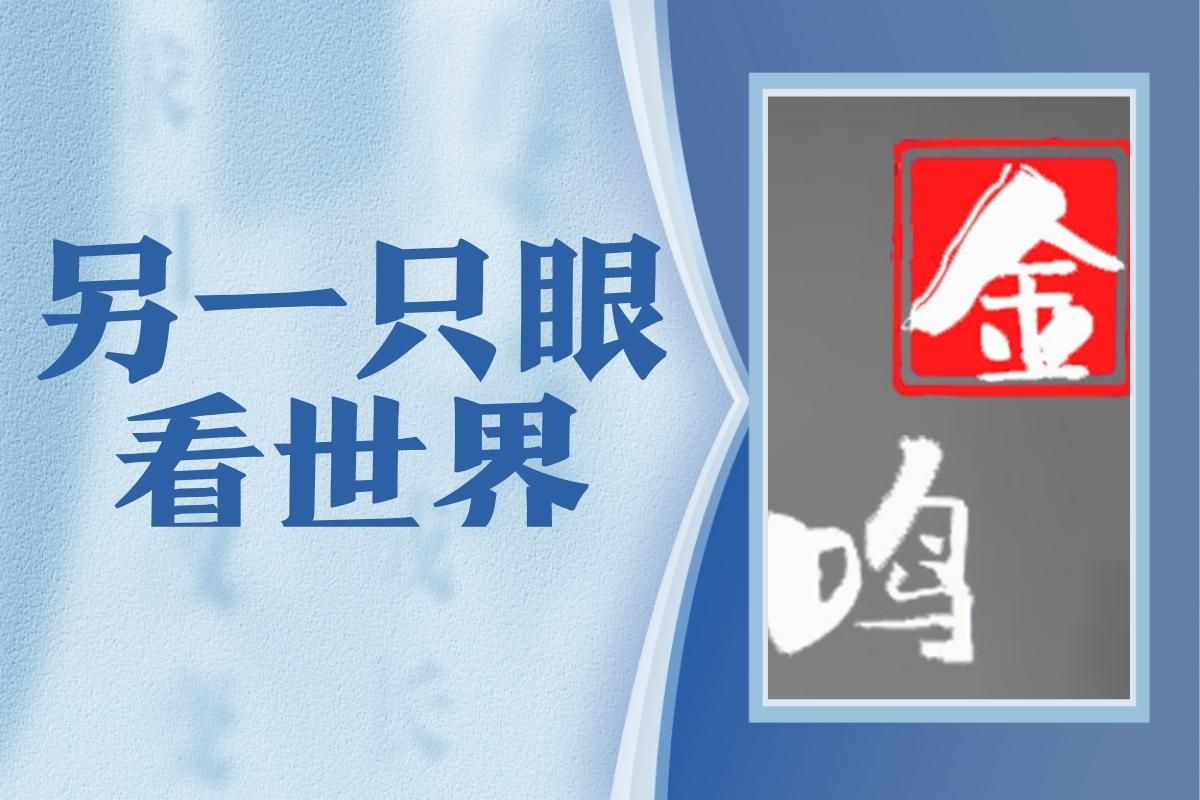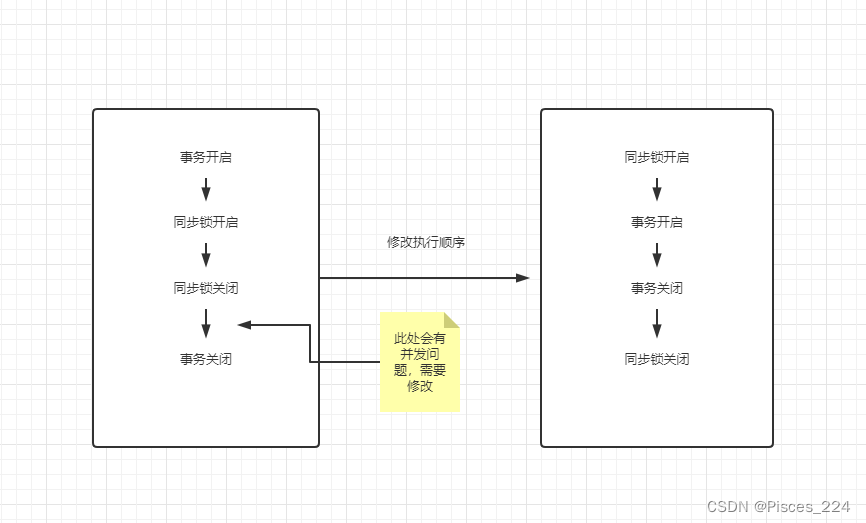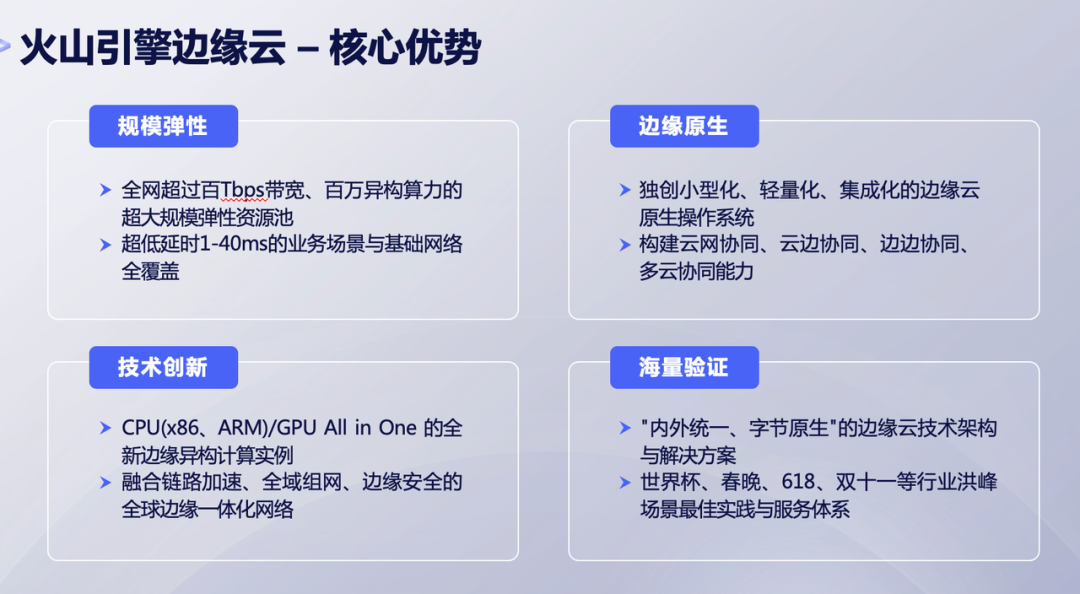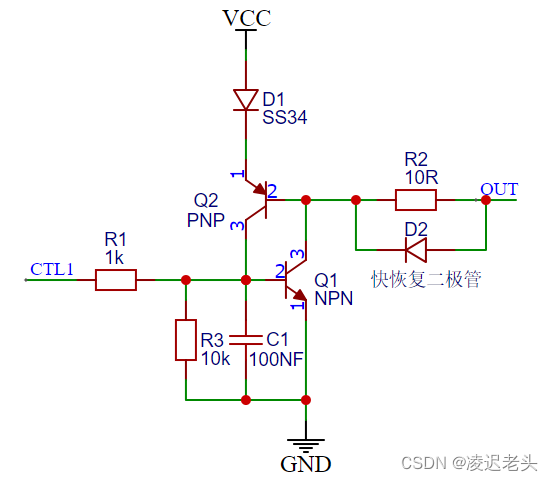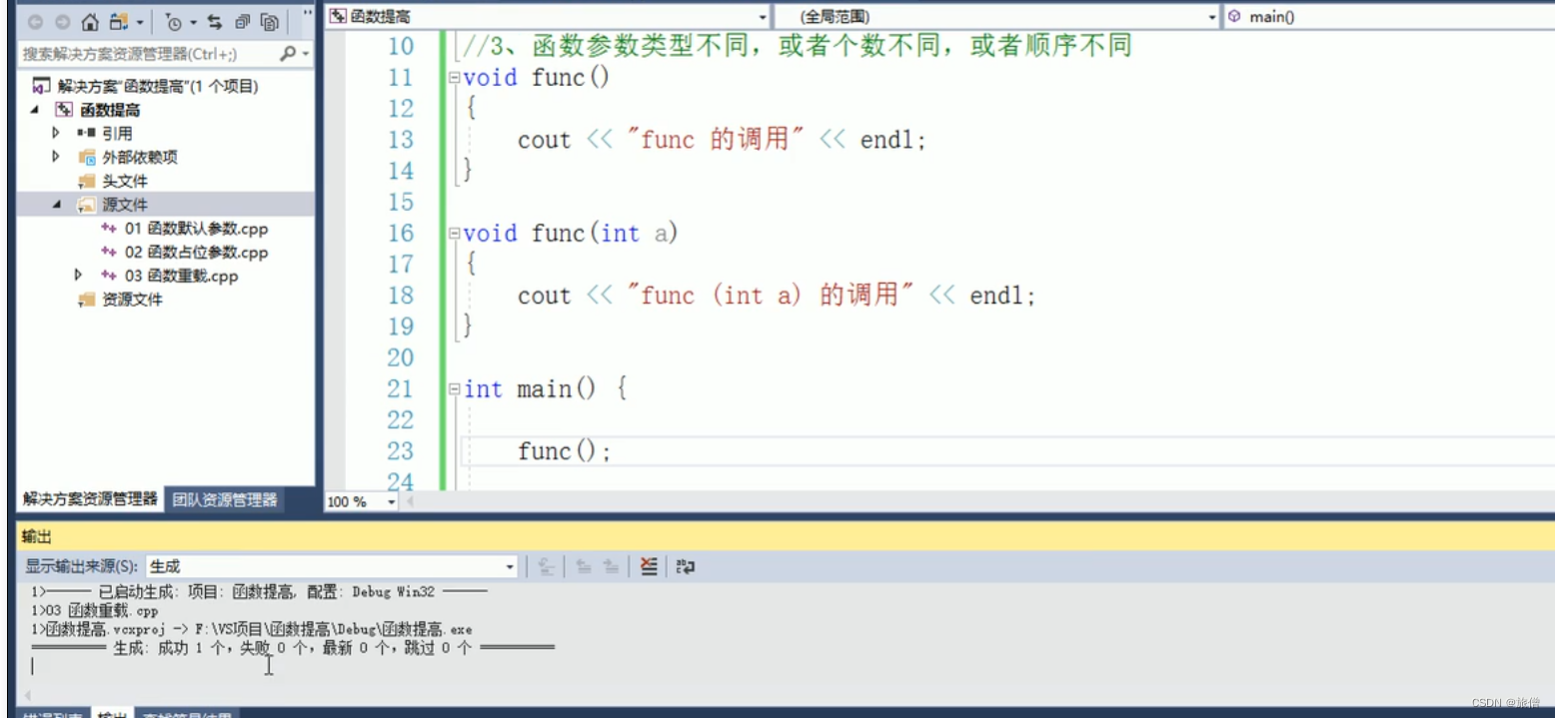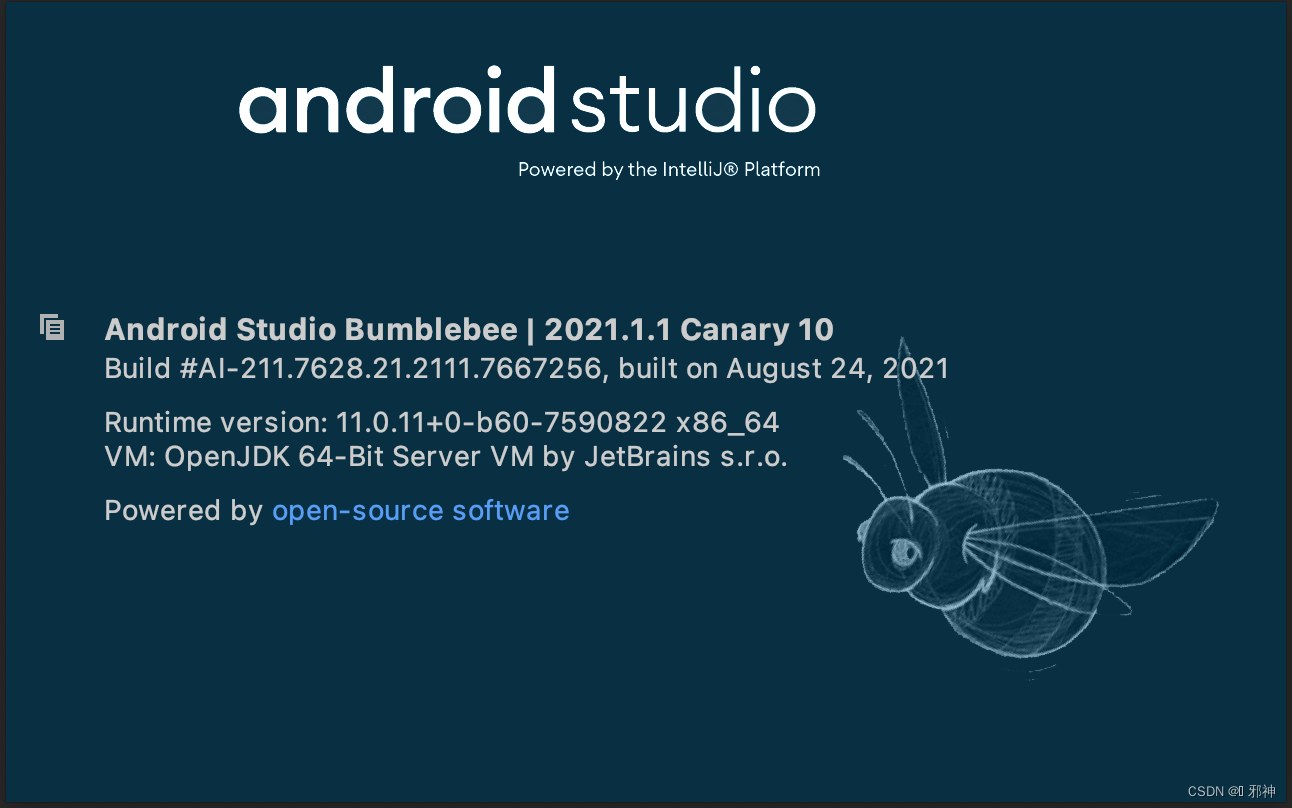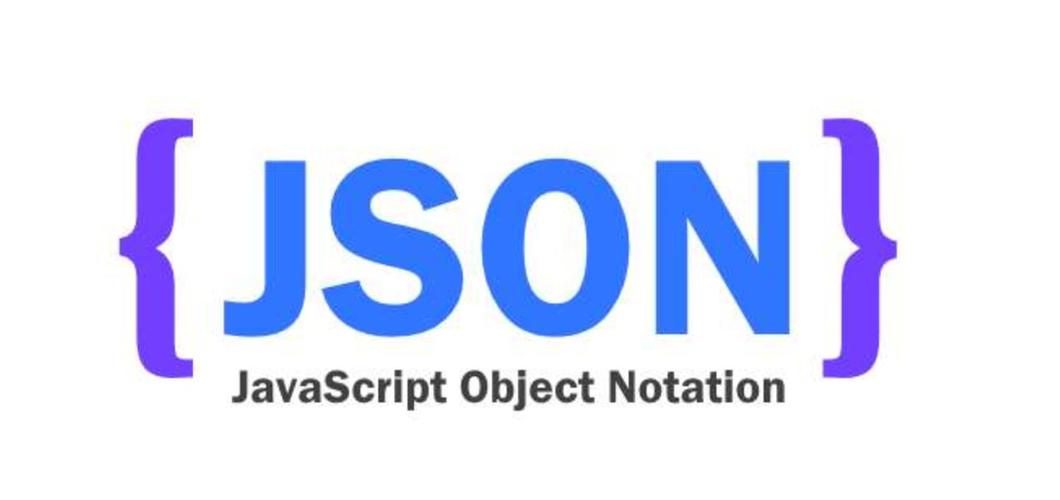
我曾有讲过Delphi操作JSON的方法,特别是这一篇【delphi】类和记录的 helpers(助手)。但是因为当时是主要介绍的是Delphi的Helper,大家可能并没注意到Delphi中JSON的简便操作方法。
早期Delphi并没有自己的JSON操作库,大家使用最多的是三方的SuperObject(名气很大),后来Delphi有了自己原生的JSON操作库(Delphi从版本XE6开始原生支持JSON操作),设计的非常完善,但是操作起来写的代码太多(谁用谁知道)。那么Delphi原生的JSON操作能否也像原来的SuperObject那样,书写代码量少又很优雅呢,当然可以。
直接上使用的代码,注意,要引用uJSON_Helper.pas这个单元,代码已经附在最后。细细品味,你一定有收获!
S[ ]:表示字符串
I[ ]:表示整型数
I64[ ]:表示int64
D [ ]:表示日期
A [ ]:表示数组
O[ ]:表示TJSONObject对象
B[ ]:表示逻辑值
Exists[ ]:判断节点是否存在
Delete[ ]:删除节点
使用Demo
uses
uJSON_Helper;
var
jo : TJSONObject;
S : string;
sName : string;
iAge : Integer;
bSex : Boolean;
sBirth: string;
iSalary : Int64;
sHobby1 : string;
begin
jo := TJSONObject.Create;
try
//赋值操作
jo.S['name'] := 'sensor';
jo.I['age'] := 50;
jo.B['sex'] := True; //True表示男,False表示女
jo.D['Birth']:= StrToDateTime('1970-02-13'); //日期型参数
//子对象
jo.O['workplace'] := TJSONObject.Create;
jo.O['workplace'].S['address'] := '深圳市南山区科技园';
jo.O['workplace'].S['tel'] := '0755-831788xx';
jo.O['workplace'].I64['salary'] := 9223372036854775807;
//数组
jo.A['hobbies'] := TJSONArray.Create;
jo.A['hobbies'].Add('乒乓球');
jo.A['hobbies'].Add('下象棋');
//S := jo.ToJSON;
//S := jo.ToString;
S := jo.Format; //格式化成字符串,Delphi 10.3以后才有的格式化功能
//读取操作
sName := jo.S['name']; //sensor
iAge := jo.I['age']; //57
bSex := jo.B['sex']; //True
sBirth:= FormatDateTime('YYYY-MM-DD',jo.D['Birth']); // 1970-02-13
iSalary:= jo.O['workplace'].I64['salary']; // 9223372036854775807
sHobby1 := jo.A['hobbies'].Items[0].Value; // 乒乓球
//删除操作
jo.DeletePair('sex'); // 删除性别 函数法
jo.Delete['sex']; // 删除性别 数组法
S := jo.Format;
finally
jo.Free;
end;
end;第一个S值
{
"name": "sensor",
"age": 50,
"Birth": 25612,
"Sex": True,
"workplace": {
"address": "深圳市南山区科技园",
"tel": "0755-831788xx",
"salary": 9223372036854775807
},
"hobbies": [
"乒乓球",
"下象棋"
]
}
第二个S值
{
"name": "sensor",
"age": 50,
"Birth": 25612,
"workplace": {
"address": "深圳市南山区科技园",
"tel": "0755-831788xx",
"salary": 9223372036854775807
},
"hobbies": [
"乒乓球",
"下象棋"
]
}
uJSON_Helper.pas 完整代码
{**************************************
时间:2021-06-18
2023-07-15 增加了删除函数
功能:1 实现delphi原生的JSON操作为 S[] 操作方式
作者:sensor QQ:910731685
}
unit uJSON_Helper;
interface
uses
//System.Classes,
//System.Types,
//System.DateUtil,
//System.Generics.Collections,
//System.SysUtils,
System.JSON;
type
TJSONObjectHelper = class helper for TJSONObject
private
function Get_ValueS(PairName : string) : string;
procedure Set_ValueS(PairName,PairValue : string);
function Get_ValueI(PairName : string) : Integer;
procedure Set_ValueI(PairName : string; PairValue : Integer);
function Get_ValueI64(PairName : string) : Int64;
procedure Set_ValueI64(PairName : string; PairValue : Int64);
function Get_ValueD(PairName : string) : TDateTime;
procedure Set_ValueD(PairName : string; PairValue : TDateTime);
function Get_ValueB(PairName : string) : Boolean;
procedure Set_ValueB(PairName : string; PairValue : Boolean);
function Get_ValueA(PairName : string) : TJSONArray;
procedure Set_ValueA(PairName : string; PairValue : TJSONArray);
function Get_ValueO(PairName : string) : TJSONObject;
procedure Set_ValueO(PairName : string; PairValue : TJSONObject);
//2023-07-15
function Get_ValueExists(PairName : string) : Boolean;
function Get_ValueDelete(PairName : string) : Boolean;
public
//判断某个字段是否存在
function PairExists(PairName : string) : Boolean;
function DeletePair(PairName : string) : Boolean; //删除某个节点,如果节点存在则返回True,否则返回False,但执行命令后,肯定节点不存在了。
//定义字段读取函数
property S[PairName : string] : string read Get_ValueS write Set_ValueS;
property I[PairName : string] : integer read Get_ValueI write Set_ValueI;
property I64[PairName : string] : Int64 read Get_ValueI64 write Set_ValueI64;
property D[PairName : string] : TDateTime read Get_ValueD write Set_ValueD;
property B[PairName : string] : Boolean read Get_ValueB write Set_ValueB;
property A[PairName : string] : TJSONArray read Get_ValueA write Set_ValueA;
property O[PairName : string] : TJSONObject read Get_ValueO write Set_ValueO;
//2023-07-15 增加
property Exists[PairName : string] : Boolean read Get_ValueExists; //只读属性
property Delete[PairName : string] : Boolean read Get_ValueDelete; //删除某个节点,如果节点存在则返回True,否则返回False,但执行命令后,肯定节点不存在了。
end;
implementation
{ TJSONObjectHelper }
function TJSONObjectHelper.Get_ValueS(PairName: string): string;
var
js : TJSONString;
begin
if PairName = '' then Exit;
if Self.TryGetValue(PairName,js) then
Result := js.Value
else
Result := '';
end;
function TJSONObjectHelper.PairExists(PairName: string): Boolean;
begin
Result := Self.Values[PairName] <> nil;
end;
procedure TJSONObjectHelper.Set_ValueS(PairName, PairValue: string);
var
js : TJSONString;
begin
//1. 首先查找有没有该字段, 如果有,则直接删除
if Self.TryGetValue(PairName,js) then
begin
Self.RemovePair(PairName).Free; //如果没有free,就会产生内存泄露
end;
//2. 然后在增加
Self.AddPair(PairName, PairValue);
end;
function TJSONObjectHelper.Get_ValueI(PairName: string): Integer;
var
ji : TJSONNumber;
begin
if PairName = '' then Exit(0);
if Self.TryGetValue(PairName,ji) then
Result := ji.AsInt
else
Result := 0;
end;
procedure TJSONObjectHelper.Set_ValueI(PairName: string; PairValue: Integer);
var
jn : TJSONNumber;
begin
//1. 首先查找有没有该字段, 如果有,则直接删除
if Self.TryGetValue(PairName,jn) then
Self.RemovePair(PairName).Free;
//2. 然后在增加
Self.AddPair(PairName, TJSONNumber.Create(PairValue));
end;
function TJSONObjectHelper.Get_ValueD(PairName: string): TDateTime;
var
ji : TJSONNumber;
begin
if PairName = '' then Exit(0);
if Self.TryGetValue(PairName,ji) then
Result := ji.AsDouble
else
Result := 0;
end;
function TJSONObjectHelper.Get_ValueDelete(PairName: string): Boolean;
begin
if not Self.PairExists(PairName) then Exit(False);
Self.RemovePair(PairName).Free;
Result := True;
end;
function TJSONObjectHelper.Get_ValueExists(PairName: string): Boolean;
begin
Result := Self.Values[PairName] <> nil;
end;
procedure TJSONObjectHelper.Set_ValueD(PairName: string; PairValue: TDateTime);
var
jn : TJSONNumber;
begin
//1. 首先查找有没有该字段, 如果有,则直接删除
if Self.TryGetValue(PairName,jn) then
Self.RemovePair(PairName).Free;
Self.AddPair(PairName, TJSONNumber.Create(PairValue));
end;
function TJSONObjectHelper.Get_ValueB(PairName: string): Boolean;
var
jb : TJSONBool;
begin
if PairName = '' then Exit(False);
if Self.TryGetValue(PairName,jb) then
Result := jb.AsBoolean
else
Result := False;
end;
procedure TJSONObjectHelper.Set_ValueB(PairName: string; PairValue: Boolean);
var
jb : TJSONBool;
begin
//1. 首先查找有没有该字段, 如果有,则直接删除
if Self.TryGetValue(PairName,jb) then
Self.RemovePair(PairName).Free;
Self.AddPair(PairName, TJSONBool.Create(PairValue));
end;
function TJSONObjectHelper.Get_ValueI64(PairName: string): Int64;
var
ji : TJSONNumber;
begin
if PairName = '' then Exit(0);
if Self.TryGetValue(PairName,ji) then
Result := ji.AsInt64
else
Result := 0;
end;
procedure TJSONObjectHelper.Set_ValueI64(PairName: string; PairValue: Int64);
var
jn : TJSONNumber;
begin
//1. 首先查找有没有该字段, 如果有,则直接删除
if Self.TryGetValue(PairName,jn) then
Self.RemovePair(PairName).Free;
Self.AddPair(PairName, TJSONNumber.Create(PairValue));
end;
function TJSONObjectHelper.DeletePair(PairName: string): Boolean;
begin
if not Self.PairExists(PairName) then Exit(False);
Self.RemovePair(PairName).Free;
Result := True;
end;
function TJSONObjectHelper.Get_ValueA(PairName: string): TJSONArray;
begin
if PairName = '' then Exit(nil);
Self.TryGetValue(PairName,Result);
end;
procedure TJSONObjectHelper.Set_ValueA(PairName: string; PairValue: TJSONArray);
var
ja : TJSONArray;
begin
//1. 首先查找有没有该字段, 如果有,则直接删除
if Self.TryGetValue(PairName,ja) then
Self.RemovePair(PairName).Free;
Self.AddPair(PairName, PairValue);
end;
function TJSONObjectHelper.Get_ValueO(PairName: string): TJSONObject;
var
jo : TJSONObject;
begin
if PairName = '' then Exit(nil);
if Self.TryGetValue(PairName,jo) then
Result := jo
else
Result := nil;
end;
procedure TJSONObjectHelper.Set_ValueO(PairName: string; PairValue: TJSONObject);
var
jo : TJSONObject;
begin
//1. 首先查找有没有该字段, 如果有,则直接删除
if Self.TryGetValue(PairName,jo) then
Self.RemovePair(PairName).Free;
Self.AddPair(PairName, PairValue as TJSONObject);
end;
end.真正理解了,才知道操作的简便性!
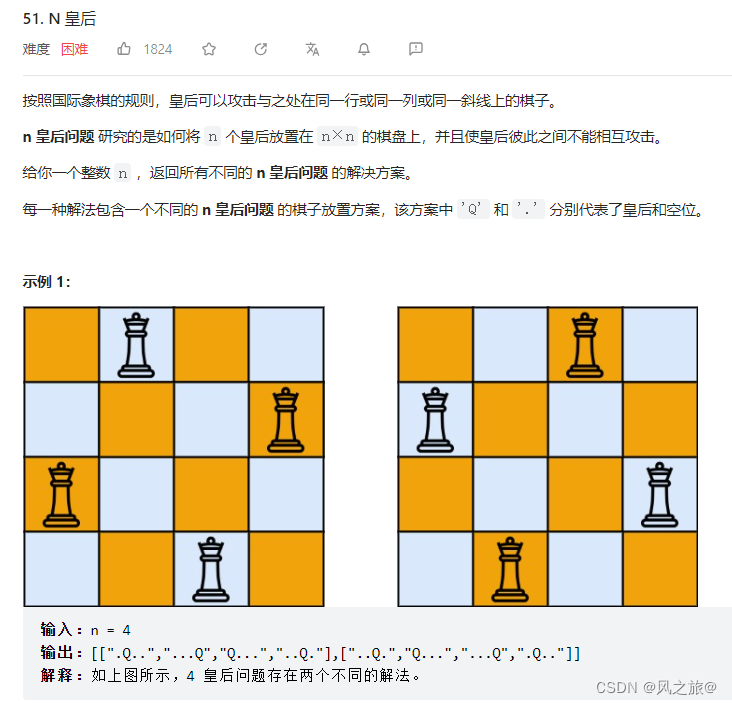
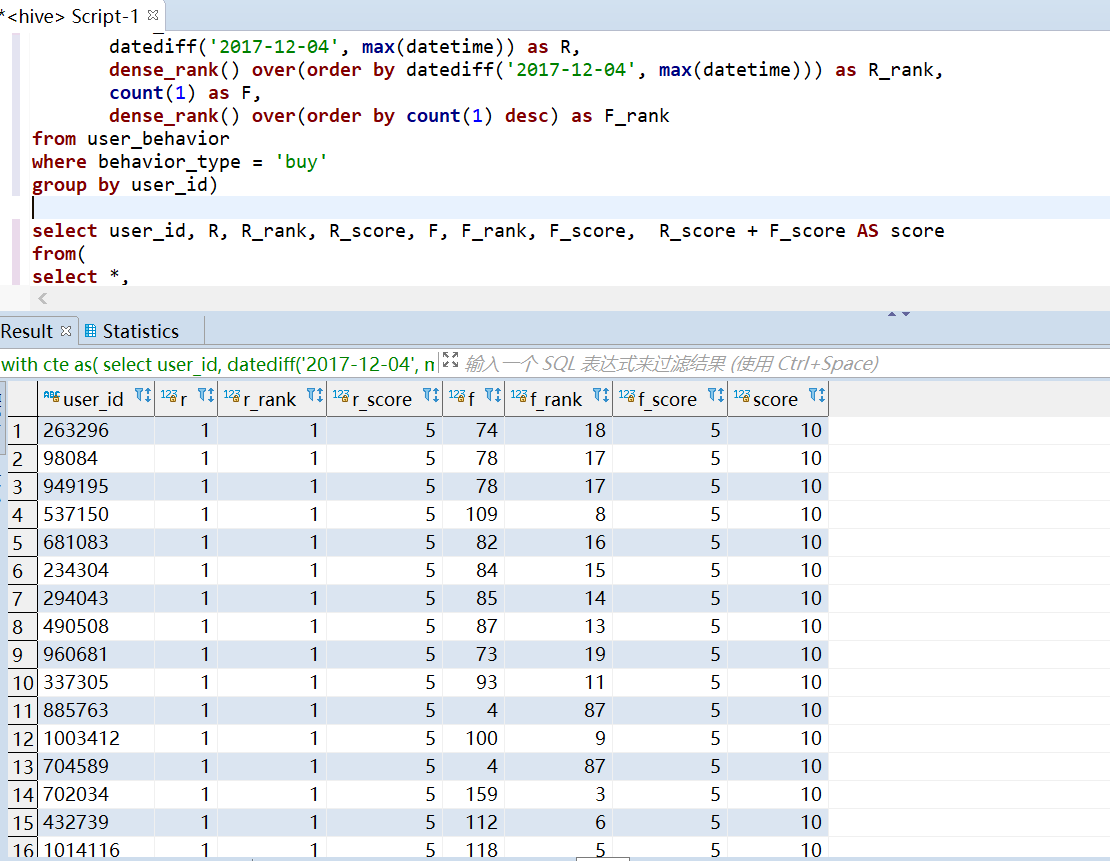


![[QT编程系列-11]:C++图形用户界面编程,QT框架快速入门培训 - 5- QT主要控件与自定义控件](https://img-blog.csdnimg.cn/b3b4d4442f3e4ccfa859a1600abf64a7.png)
